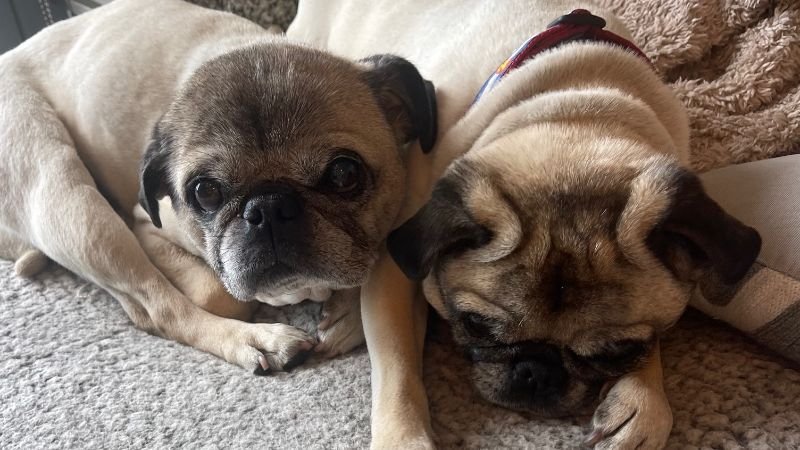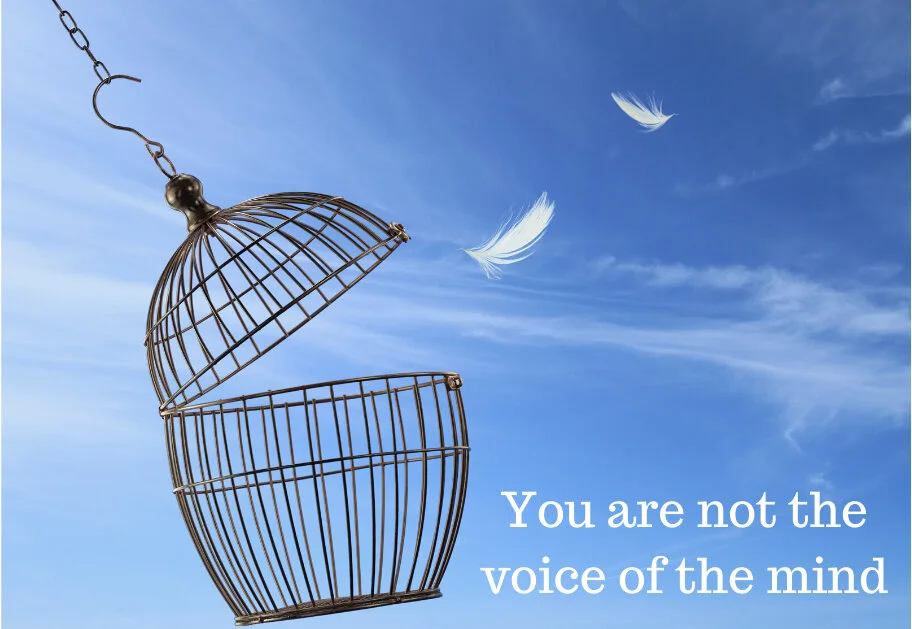I knew that if I left my body, it might take time to return. So I refused.
And instead of disengaging, and disassociating from what had just unfolded, (and can be an understandable reaction ), I asked that we turn off the audiobook, and all other “distractions” so that I could actually be with the immensity of the moment. And as I continued to drive our nearly totaled car until we could find cell service, I did what I knew was critical: I focused on my breath, feeling my feet on the pedals, and feeling my hands on the steering wheel. I had to be fully present if we were going to make it another hour to an area of cell service, to call the cops and report what had just unfolded…
It was scary; it was shocking. On a bridge, on Highway 131 in the mountains of Colorado, he could not be avoided. Speeding around a bend, he swerved right into our lane, as though heading straight for us. Transpiring in seconds, I slowed as smoothly as possible, given the motorcyclist behind us, and veered to the right, conscious not to hit bridge’s railing.
Somehow, by the grace of an incredible miracle, instead of a head-on collision, he slammed into my driver’s side before speeding off. Though the car sustained substantial physical damage, we walked away physically unharmed, extraordinarily grateful for our lives, and the life of the motorcyclist’s behind us.
While our bodies suffered no physical damage, it’s critical to acknowledge that such an incident can wreak havoc on the physical and emotional body. In times of danger, the brain shoots out extreme dosages of adrenaline, cortisol, and other endorphins that can continue to flood the system for days.
Whether speaking to incidental trauma or trauma that can arise from long term events, including CoVid, trauma can inflict perpetual distress on the body and to the brain if not properly attended to: if one does not adequately permit themselves to feel “what is.” Many fear that in granting themselves permission to feel all related sensations and emotions, they will be overwhelmed and unable to cope. So instead, the reflex is to push aside, minimize, and even deny our feelings.
However, as we do that, there is a consequence to pay. So much neuro-based research is uncovering just how much damage it can cause, long term.*
Instead, what is requisite is that we be with our experience: not the story we make up, but rather the facts and the physical sensations present. We acknowledge all facets. And while I am a massive proponent of reframing situations, seeing the gift (and in this situation, I found many) that, however, does not mean that we don’t acknowledge what else is present.
A process I neglected the first 30 years of my life, I carried residual trauma from a hit & crash at 18 (my car flipped 3 times) and other extra-ordinary life events. Now it is non-negotiable.
I get to spend my days holding space for and facilitating incredible life and leadership transformation. However, one of the biggest lessons I have learned is that if I do not hold space for the trauma, heartbreak, or crazy life events, there is no way I can fully be there for clients — never mind encourage and enable them to do the same for themselves.
The initial resistance can be that it feels gratuitous, selfish, unnecessary, or even daunting, but the fact is, it is requisite. It is possible to be grateful and to process the trauma. We are complex human beings with complex systems, and the two are not mutually exclusive.
Only this week, a client finally acknowledged the impact CoVid has had on his life, family, and business. In an effort to “stay positive,” and pretend like business was normal, unsuspecting tension built up both in his body and mind. However, in the process of acknowledging himself, to be with what is, tension melted, insight and new awareness and possibilities arose.
The pure act of acknowledging, and the radical permission to be with it all, is one of the most significant, healing gifts we can give ourselves, and ultimately those with whom we interact.
So, I emphatically request, if you are ever in a like-and-kind situation, or experience an extra-ordinary life event, please do not disengage from your body. It can take years to return. Allow yourself to process, to be with it. I certainly recommend a professional, but at the very least — rather than the story of what happened, let yourself be with whatever sensations are in your body without making them wrong. Don’t push them away; rather acknowledge them as if they were a guest. Know that they will leave if you let them pass through.
And please. Don’t ever drink and drive.
To watch the Video which adds another level and shares how Meditation played a huge part in saving our lives, click here:
*To learn more, The Body Keeps Score by Bessel A. van der Kolk and The Body Bears the Burden by Robert Scaer are great resources

























